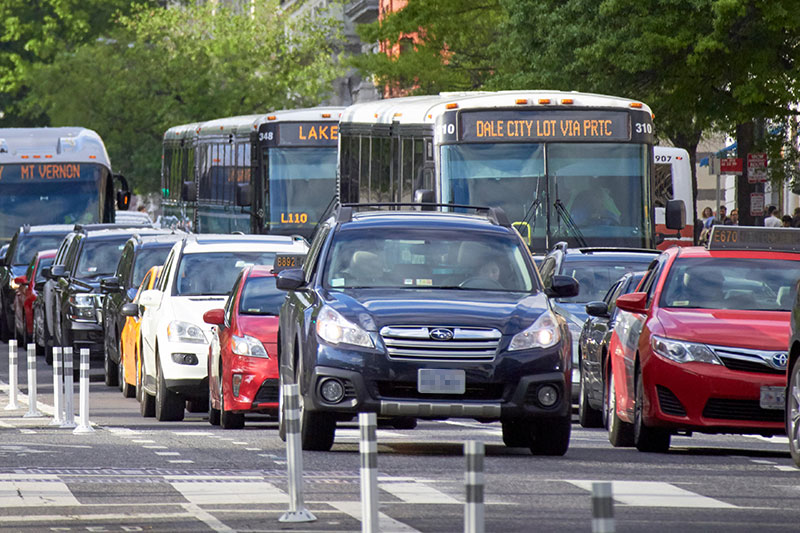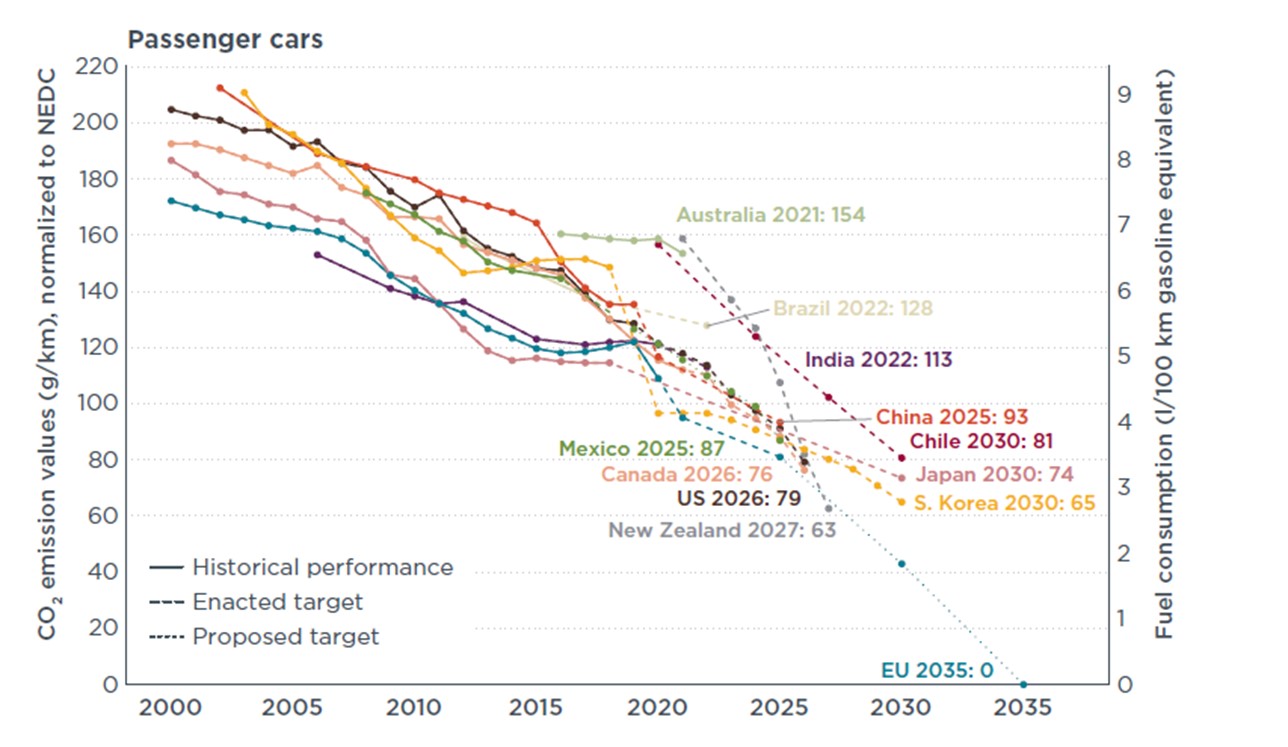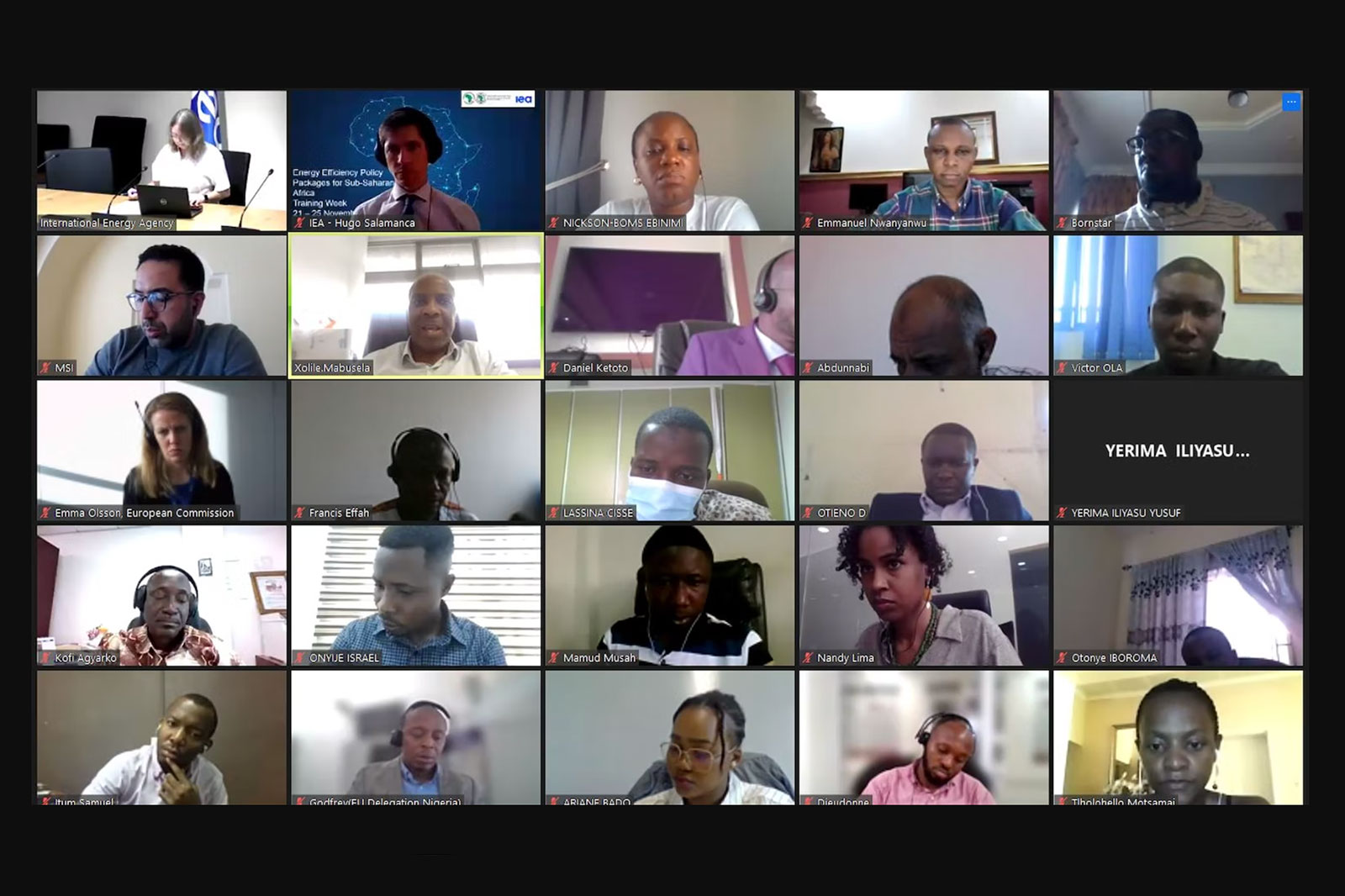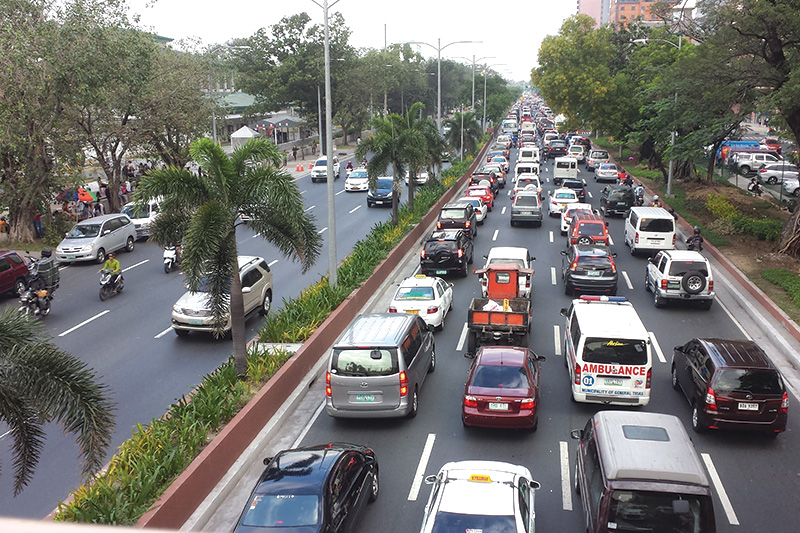GFEI announces global fuel economy progress for COP23
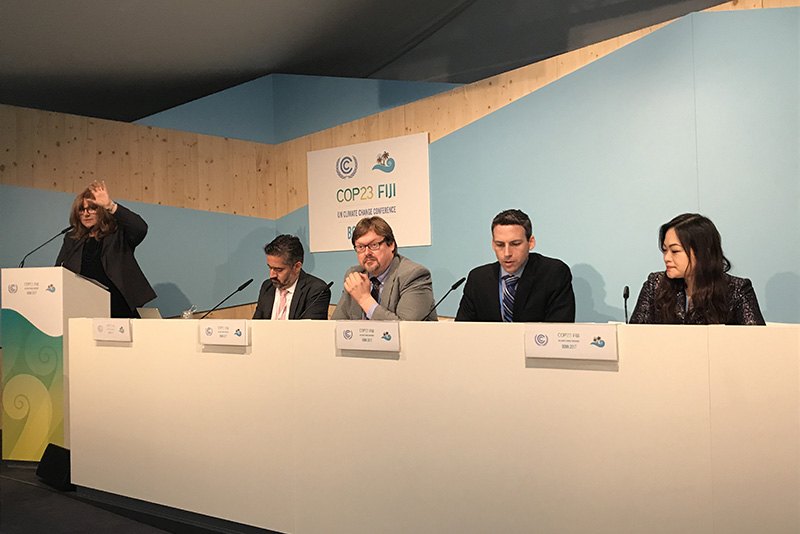
Speaking at COP23 climate talks Sheila Watson, Executive Secretary of GFEI, reinforced the important role fuel economy plays in transport emissions reduction. With almost half of all government commitments, known as Nationally Determined Contributions (NDCs), referring to fuel efficiency in some form, the COP provides a great opportunity to push for the urgent action which is needed. GFEI seeks novel approaches to work with new countries while sharing progress with existing partner countries. GFEI’s new global report, published for COP23, outlined the progress of the GFEI initiative, announcing that fuel efficiency work is now taking place in 70 countries.
This year’s COP23 climate change negotiations in Bonn, Germany, and hosted by Fiji, come two years after world leaders agreed the Paris climate deal that committed to taking action to limiting global temperature rises to below 2 degrees Celsius (compared to pre-industrial levels). Achieving this commitment will require unprecedented global action. UN Environment’s latest ‘Mind the Gap’ report identified that current commitments only amount to one third of the emissions reductions needed to achieve the target. However, it also found that the target remains achievable if reductions in areas such as vehicle fuel economy policy are fully taken up.
GFEI’s target is to reduce the average new vehicle fuel consumption by 50% by 2030; at the 2015 COP21 summit, it set out an ambitious aim to significantly increase the number of countries supported to implement policies to achieve this target to 100. GFEI’s COP23 summary highlights its activities as part of this ‘100 for 50by50’ commitment.
GFEI has started work with 40 new countries, supporting them to establish vehicle fuel economy baselines and develop fuel economy policy proposals – taking the total number supported by GFEI to around 70 countries. The new global report also sets out GFEI’s work on a regional basis such as with ECOWAS in West Africa and ASEAN in South East Asia to develop a regional approach to fuel economy policies.
Unprecedented action and innovation is needed across the transport sector if we are to achieve the commitments of the Paris agreement. With the right commitment from countries and key stakeholders, resources and political will, we can secure the pace of change we need now to save our precious resources, support economies and help save the planet.




